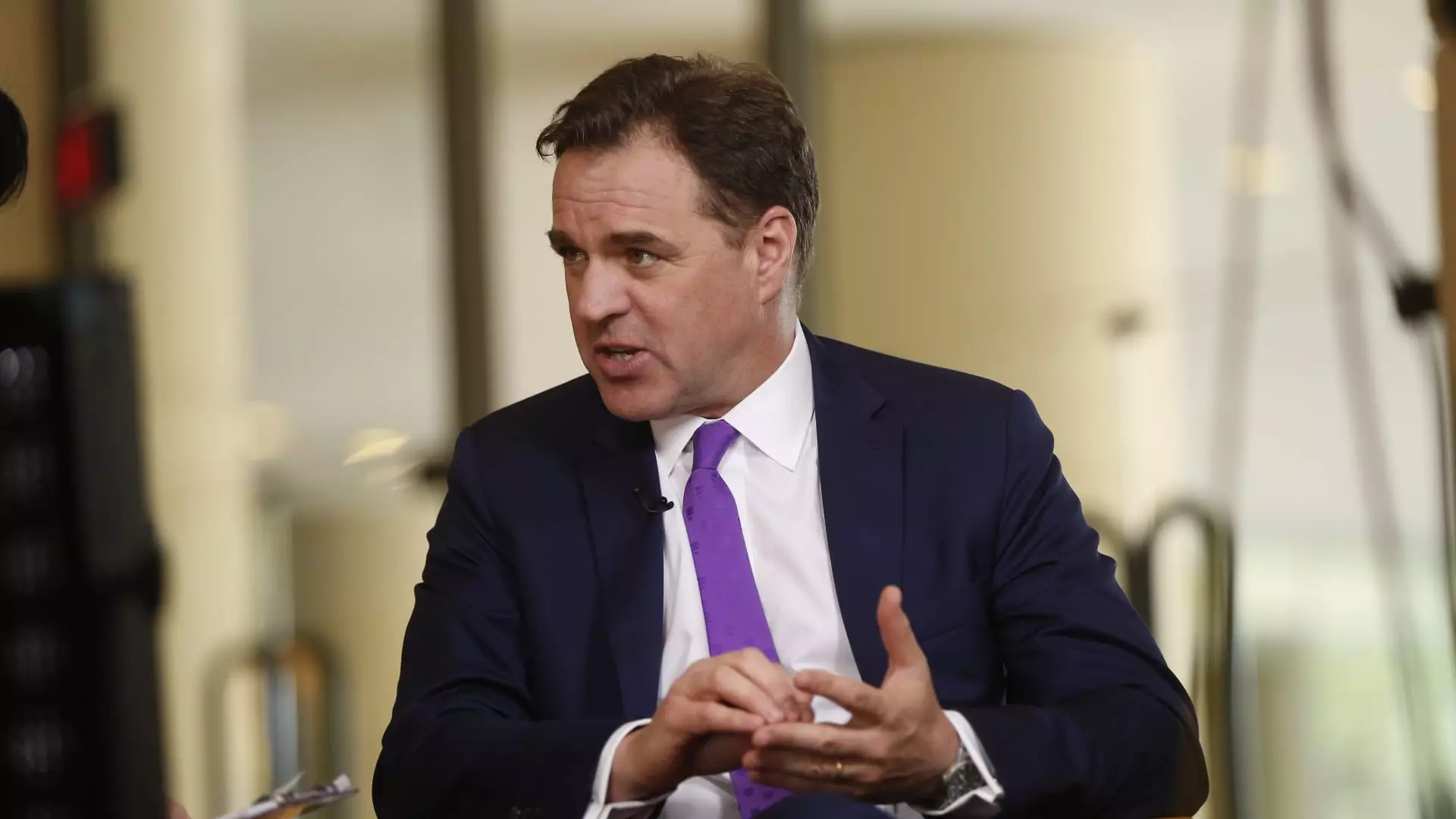Historian Niall Ferguson raised some important points regarding the claims that former U.S. President Donald Trump posed a significant threat to the country’s democracy. While many feared that Trump would lead the nation towards fascism, Ferguson argued that such claims were weakened by the events of his first term. According to Ferguson, the most significant blow to Trump’s reputation came on January 6, 2021, when his attempt to overturn the outcome of the 2020 election led to a violent insurrection at the U.S. Capitol.
Despite these challenges, Ferguson highlighted the resilience of the American democratic system in containing Trump’s impulses and preventing a complete breakdown of democracy. He noted that the system successfully curbed Trump’s actions in 2020 and 2021, suggesting that it would continue to do so in the future. This resilience, according to Ferguson, has led ordinary U.S. voters to view claims that Trump threatens democracy as less compelling, particularly given their prior experience of a Trump presidency.
Trump’s continued involvement in federal criminal cases related to election interference has raised concerns about the integrity of the democratic process. Moreover, his involvement in various scandals, including allegations of sexual abuse and fraud, has further tarnished his reputation. These issues have overshadowed his policy proposals and placed a cloud of uncertainty over his political future.
Ferguson discussed the differences in economic policy proposals between Trump and his opponent, Democratic presidential nominee Kamala Harris. He highlighted their contrasting approaches to taxation and regulation, with Harris proposing a 28% tax on long-term capital gains for households with an annual income of $1 million or more, while Trump aimed for a reduction to 15%. How each candidate addresses the growing U.S. deficit will be crucial in determining the economic future of the country.
Whoever wins the upcoming election will inherit a significant fiscal problem, according to Ferguson. The size of the U.S. deficit has reached unsustainable levels, necessitating urgent action. While Trump advocates for raising the growth rate as a solution, Harris favors raising taxes to address the issue. The divergent approaches of the two candidates highlight the challenges that lie ahead and the uncertainties surrounding the future of American democracy and its economic stability.
The analysis of Donald Trump’s impact on American democracy reveals a complex and nuanced picture of the challenges facing the nation. While Trump’s presidency raised serious concerns about the resilience of democratic institutions, the system has demonstrated its ability to contain his authoritarian impulses. However, the ongoing legal battles and scandals surrounding Trump have cast a shadow of doubt over the future of American democracy. The upcoming election will be crucial in determining the path forward for the country and its economic stability.


Leave a Reply